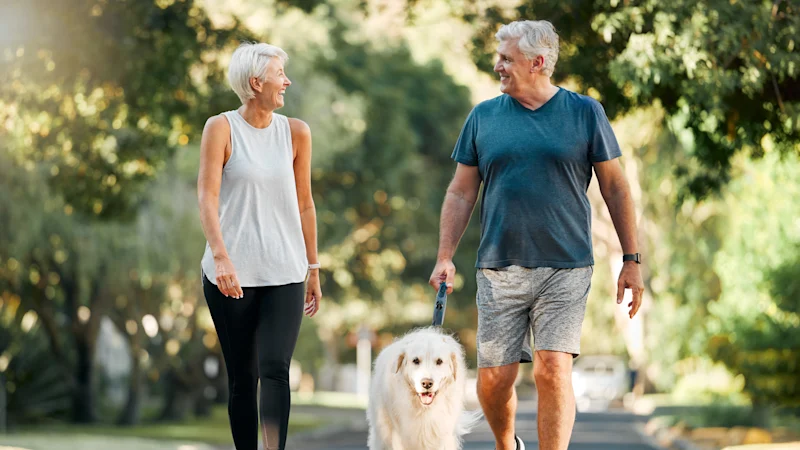By Ella Nunn
Copyright theage

However, if walking is your only form of exercise, this can cause problems down the line. It’s important to incorporate some form of resistance training to help “combat age-related muscle loss, which is clinically known as sarcopenia. It can also help with balance, co-ordination and improved bone density,” says Dr Cheryl Lythgoe, a nurse consultant at Benenden Health, a private healthcare provider.
One study published in the British Journal of Sports Medicine found that people doing muscle-strengthening exercises alongside aerobic fitness are more likely to live longer, while research in the Journal of Strength and Conditioning in 2024 confirmed that weight-lifting can also improve quality of life as we age.
“You don’t have to be lifting heavy weights at the gym,” says Lythgoe. “You could try hill walking, gardening or carrying heavy groceries. Putting the body under gentle physical stress can slow down the signs and symptoms of ageing, allowing us to be active in our later years.”
2. Doing the crossword every day
Whether it’s learning how to write and count as a child, or tackling the daily crossword in later life, brain stimulation is important at every age. However, if you make a habit of doing your daily crossword or Sudoku to the point where it’s hardly a challenge and simply a habit, this could cause your brain to stagnate.



